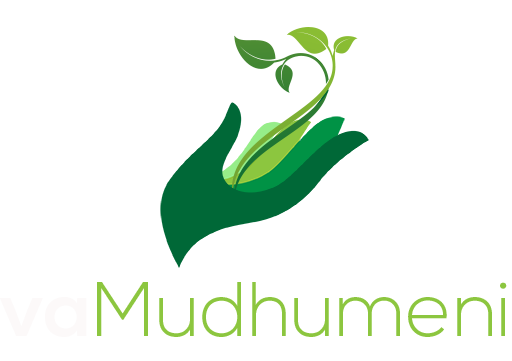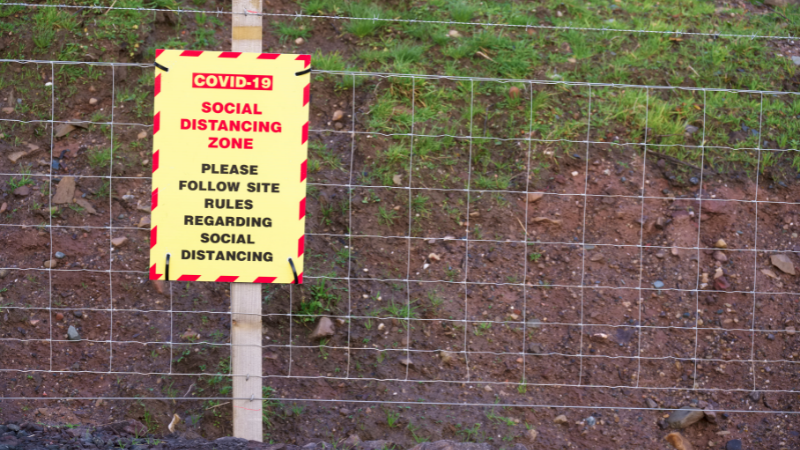By Albert Makendenge
Amid rising concerns about the new COVID B.1.617.2 Delta Variant. It so so important for everyone to take the World Health Organization’s recommended safety measures of regular sanitizing of hands, masking up, and social distancing very seriously. For most farmers, this is especially important because most ventures are dependent on the farmers staying at optimal health. In other words, success in farming is very closely tied to the farmer’s ability to maintain good health and productivity on the farm. While much is out of the farmers’ control, there are some things that they can do to minimize it the impact of this pandemic on their farm.
- Communication considerations – Given the need for daily communication with everyone in and outside the farm. It is critical to help protect everyone’s health and wellbeing. In these uncertain circumstances, employees need regular guidance and reassurance about how exactly the health situation in being monitored and handled on the farm.
- Doing business on and off the farm – Farmers/producers and their employees need to be aware of state and local mandates regarding COVID-19 that are in place in communities where business is conducted. Such as the need to wear face coverings within indoor spaces and social distancing requirements.
- On-farm protocols to consider – These include employee daily tasks (basic hygiene practices, cross training employees on health issues, ensuring availability of safety resources), extra cleaning and disinfection on farms, entrance and farm signage, personal interactions for daily tasks and overall farm management as well as personal care/work-home balance.
- Lastly, expect huge financial fluctuations, control the controllable, try to come up with realistic farm budgets and be careful where to cut, focus on the little goals and corrections, lock in on certain inputs, avoid decision paralysis, look forward and avoid isolation.
Protecting oneself from COVID and others cannot be stressed enough while trying to keep farm tasks running smooth. Lead by example; wash, disinfect accordingly, practice good social distancing, wear face masks when appropriate, and stay home if you are sick. Take the time to plan for the what-ifs and/or plan for an unforeseen illness during the busiest time of the year to ensure that important tasks can get done with the least amount of stress. This protects people, animals and livelihood of the business.

